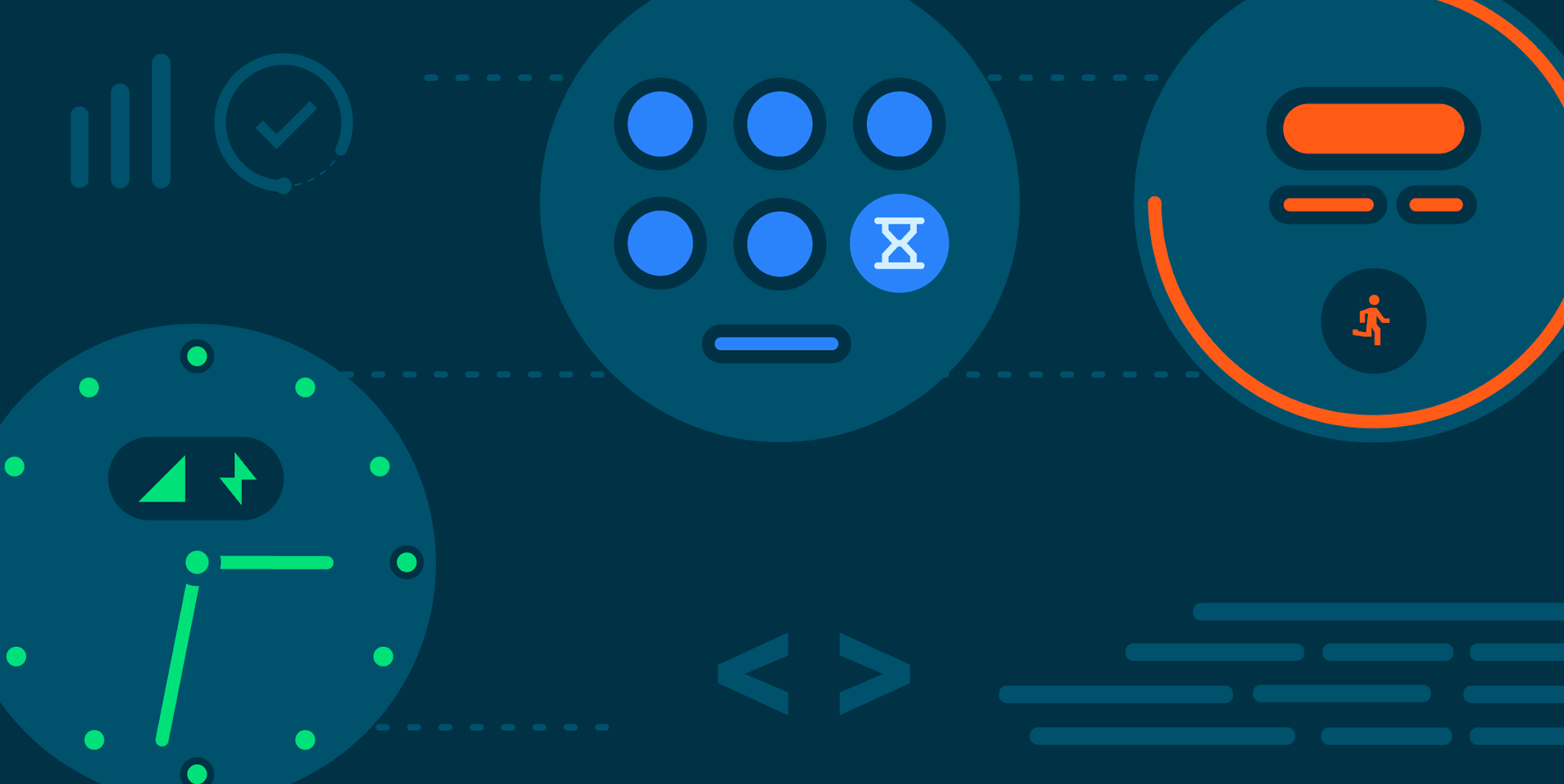Unifying Background Task Scheduling on Android
Posted by Caren Chang, Developer Programs Engineer

Android users care a lot about the battery life on their phones. In particular, how your app schedules deferrable background tasks play an important role in battery life. To help you build more battery-friendly apps, we introduced WorkManager as the unified solution for all deferrable background processing needs.
Starting November 1, 2020, we are unifying deferrable background tasks on Android around WorkManager, and GCMNetworkManager will be deprecated and no longer supported.
Why WorkManager
The WorkManager API incorporates the features of Firebase Job Dispatcher (FJD) and GcmNetworkManager solutions, providing a consistent job scheduling service back to API level 14 while being conscious of battery life. For example, if your app needs to send log files up to the server, it would be more efficient to wait until the device is both charging and connected to WiFi. In this case, WorkManager will ensure that the sync will execute when the given constraints (charging and connected to WiFi) are met. Additionally, it does not require Google Play Services, unlike FJD and GcmNetworkManager.
Some of the other key features of WorkManager include:
- Persist scheduled work across app updates and device restarts
- Schedule one-off or periodic tasks
- Monitor and manage tasks
- Chain tasks together
What it means for developers
Now that the WorkManager library has reached maturity, we have decided to deprecate alternative solutions to simplify the developer story and focus on WorkManager stability and features.
- We announced the deprecation of the FirebaseJobDispatcher library in April 2019. In April 2020 the library will be archived and we will no longer provide support for issues filed on the library.
- In addition, we are now announcing the deprecation of GCMNetworkManager. The library is no longer receiving any new features and starting in November 2020, we will no longer provide support for issues relating to the library.
- Furthermore, once your app updates the target API level (
targetSdkVersion) to above Android 10 (API level 29), FirebaseJobDispatcher and GcmNetworkManager API calls will no longer work on devices running Android Marshmallow (6.0) and above.
Migrating to WorkManager
Now is the time to migrate your apps to WorkManager if you haven't already done so! You can start by reading the official documentation for WorkManager.
If your app is still using FirebaseJobDispatcher, you can migrate your app to WorkManager by following the migration guide. A similar migration guide from GCMNetworkManager to WorkManager is also available.
YouTube recently moved over to WorkManager for their background scheduling needs and has reported improvements in app startup time as well as an 8% drop in crash rates.
Going forward
The team is dedicated to improving and continuing feature development on WorkManager. If you encounter issues using the library, have proposals for features you would like to see, or have any feedback about the library, please file an issue.



Komentar
Posting Komentar